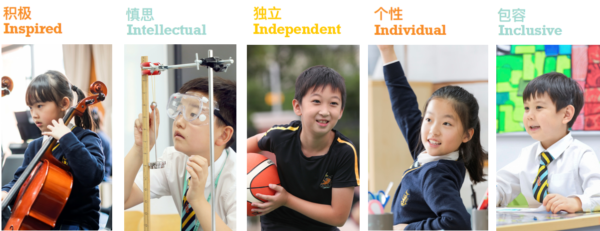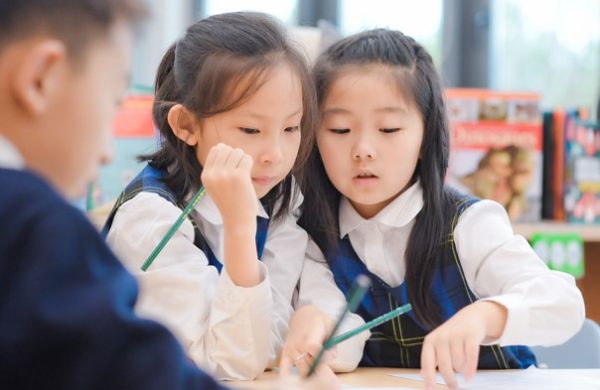
We have started the new school year at Hiba Academy Shanghai with more than twice as many pupils as in our founding year.
The continued demand for places is very high. That means I meet many parents who are looking to send their son or daughter to Hiba. One of the questions that I am often asked by these parents is ‘what makes a Hiba pupil?’
We like to talk about what we want a Hiba pupil to become: which we call the Hiba identity.

We want pupils to be inspired by life and by learning, and to be ready to inspire others. They should be intellectual: excited by learning and willing to dive deep into a subject, not limited by syllabuses or exams. Our children should gradually become independent of their parents in life and of their teachers in learning. We encourage pupils to be individual by being proud of who they are and the values they hold. We hope they will have learnt to be inclusive of those from different backgrounds, many of whom may have fewer opportunities. We want our pupils to have success at 18; but becoming the best adult you can be at 28 is even more important. Parents, however, want to know what we are looking for from our pupils now. What personal characteristics would encourage us to offer a place at Hiba to a child? We are looking for potential rather than achievements: not ‘how much English do you know?’, but ‘how good is your English given the opportunities you have had to learn it?’ We want children who are excited by learning: not just to please their parents and grandparents, but because they love discovering knowledge and developing skills. We want Hiba pupils to have other passions, perhaps for music, or drama, or technology, or a sport.

An interesting question, that I am occasionally asked, is ‘how is a Hiba pupil different to a Wellington pupil?’. It is tempting to say that there is no difference, as we are trying to engender the same values and identities in all. However, there is one significant difference. As an international school, Wellington is working with a community of children from all over the world. It focuses on internationalism and a mutual respect for their different cultures.

A Hiba pupil will be proudly Chinese, skilled in Chinese and English, and ready to succeed in China and all over the world.